Latest News
New women’s residence hall to be named for Therese Mary Grojean
Therese Mary Grojean Hall The family of Thomas F. Grojean Sr.,…

Research
A Notre Dame chemist decided to let the local community’s needs drive her scientific process and found herself in the fight against fentanyl.

Colleges and Schools
Will ‘Brat Girl Summer’ translate into an autumn of Democratic victories? ‘It’s anybody’s guess’

Research
For scholars who share a common passion for inquiry because of what it can reveal about our world and ourselves, there is opportunity here.

Faith & Service
Notre Dame is animated by a faith that inspires us to seek knowledge because of the powerful tool it can be to improve humankind.

Global
Notre Dame seeks to be in the world, and to bring the world to Notre Dame, because inquiry and scholarly exchange are enriched by the pursuit of cultural fluency.
Notre Dame At Work
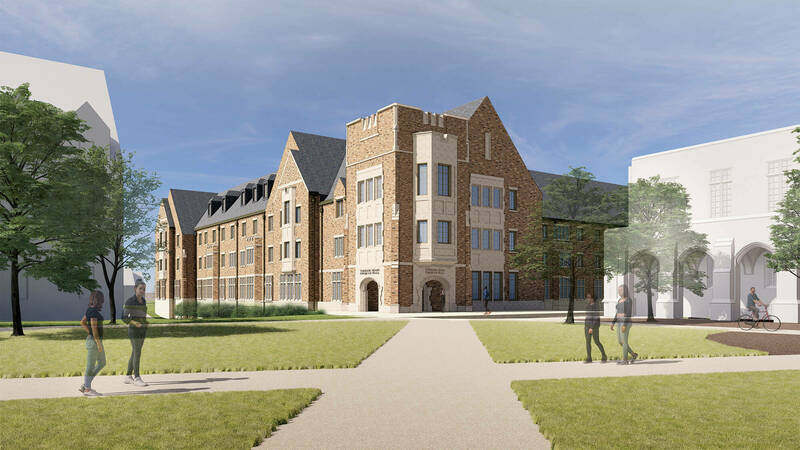
Latest News
Therese Mary Grojean Hall The family of Thomas F. Grojean Sr.,…
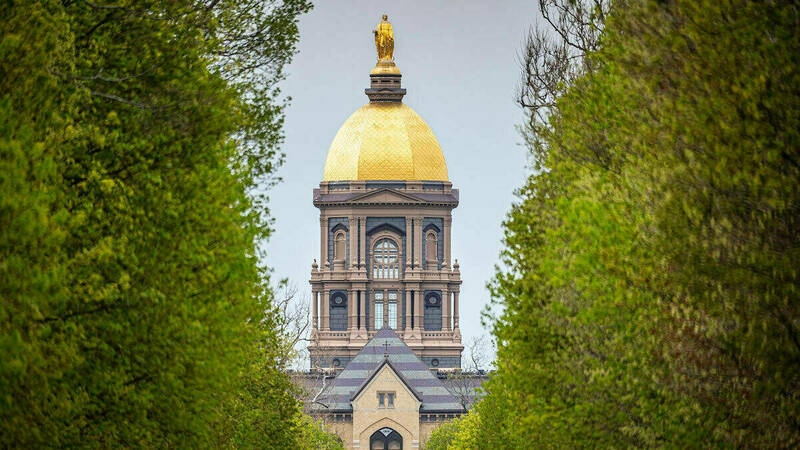
Community News
On Monday (July 22), the University of Notre Dame School of Architecture’s Housing and Community Regeneration Initiative and the city of Gary, Indiana, launched the first phase of a downtown revitalization project.
Faculty and Staff
In the past three days, people on social media have embraced British pop star Charli XCX’s online pronouncement that “Kamala IS brat.” According to to Sara Marcus, an assistant professor of English and author of “Girls to the Front: The True Story of the Riot Grrrl Revolution,” that translates to a declaration that Kamala Harris, the Democratic Party’s presumptive new nominee for president, embodies the sort of messy, complicated, casual womanhood that the singer’s recent album, “Brat,” depicts and celebrates.
Research
Last week, NASA announced it canceled its plans to send the Volatiles Investigating Polar Exploration Rover (VIPER) to the Moon’s southern polar region. The rover was meant to search for water and other resources called volatiles, such as hydrogen, ammonia and carbon dioxide, which easily evaporate…
Notre Dame In Focus
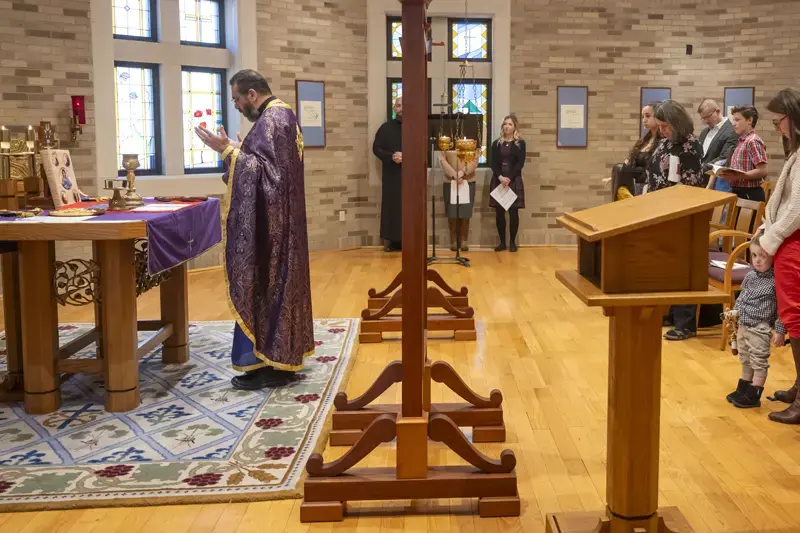
Podcast
Notre Dame's theology chair demonstrates Catholic character in a global context
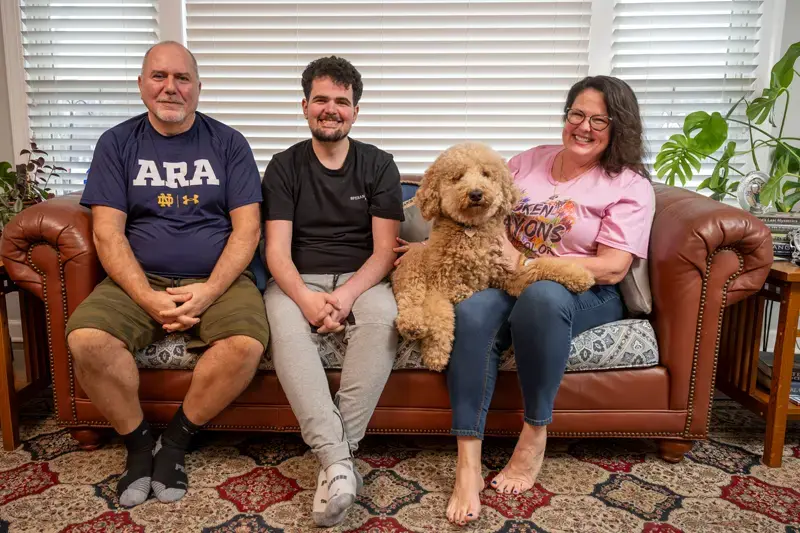
Research
The Notre Dame community rallies to serve rare disease patients and their families through advocacy, education, and research.
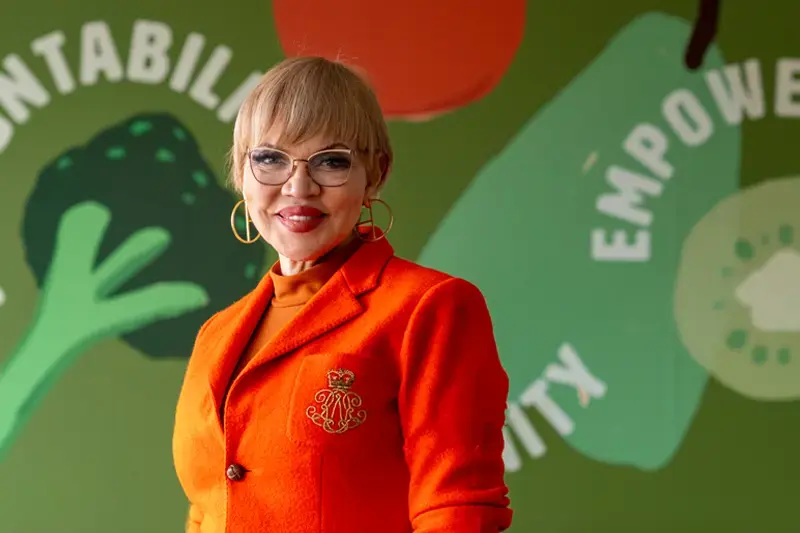

“Notre Dame must be the leading global Catholic research university, on par with but distinct from the world's best private universities. This effort to educate students and conduct research at the highest level animated by a distinctive Catholic mission is one of the most exciting and consequential experiments in global higher education.”
— Notre Dame 2033: A Strategic Framework
Notre Dame In Motion